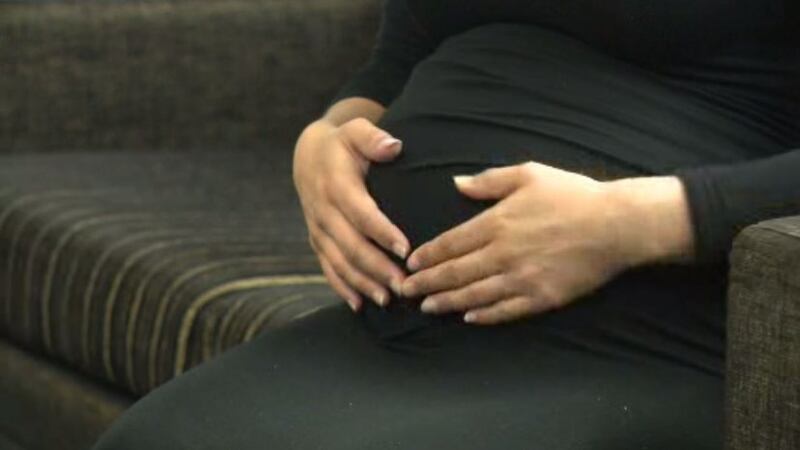Photo / File
Five Māori women and eight non-Māori women who gave birth in the Waikato region during a three month period in 2017 may have had diabetes during pregnancy, according to a recently released University of Waikato study.
The study led by Dr Lynne Chepulis of the University of Waikato reviewed data for women who gave birth in hospitals and birth centres in the Waikato from June to August 2017.
Using the national average rates of diabetes in pregnancy, the researchers estimate five Māori and eight non-Māori women in their study actually had the illness but were missed due to lack of testing.
“Although we didn’t assess pregnancy outcomes within this study, we can speculate that these women and their babies may have been negatively impacted by this disease, because they weren’t screened and managed correctly,” Dr Chepulis said in a statement.
The study found that just 17.5% of Māori women in the Waikato region are screened for diabetes during pregnancy as per national guidelines, despite being at higher risk of diabetes than non-Māori. This was in contrast to 26.4% of women in the region who receive the recommended checks.
Although more than 80% of women in the region received some kind of diabetes test, the research team found that few were checked in accordance with the Ministry of Health guidelines which recommend several types of diabetes tests at different points in the pregnancy.
The researchers have now received approval to extend their study to women who gave birth in the Waikato in 2018, which includes data from more than 5000 women.
“I think the results will show that a review of the national guidelines might be needed, and that it should consider alternative, woman-centred pathways of screening for diabetes in pregnancy,” Dr Chepulis says.
“If looking into alternative screening options, we also need to look at their potential to improve access for Māori."

